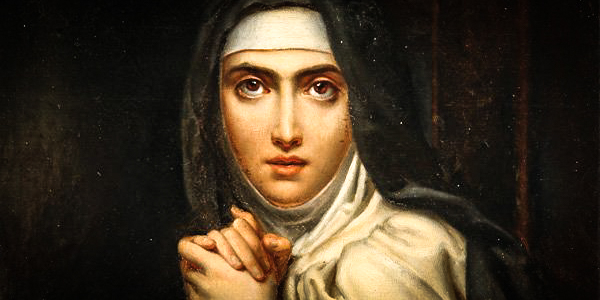The Life of Saint Teresa of Avila: A Biography
by Carlos Eire (Princeton University Press, £21.00)
The Autobiography of Teresa of Avila is a rightly famous book, and remains widely read. But the title is slightly misleading, for the text was composed not at the free volition of the saint herself, but at the insistence of the officers of the Inquisition into whose pious hands she had fallen, due to the suspicions that many had in her time of women of powerful spirituality and intelligence.
The document she wrote was not for publication; some members of the Inquisition who read it thought it should be destroyed. The book was not burned, but neither was the saint.
Shared
In this short book, an eminent Spanish historian who teaches at Yale, has been asked (as part of an ongoing series from Princeton on “the lives of great religious books” ) to write a biography, not of the saint (there are many of them), but of the autobiography itself, how came into existence, what it had to say and why, and how in the end it came to be shared with the wider world, and continues to hold countless readers in thrall, with as Dr Eire outlines a bewildering range of interpretations, depending on the critics view.
It is a fascinating story, and one that casts a great deal of light on the manner in which the bureaucracy of the Church goes about the task of dealing with individuals of exceptional holiness.
Saints are in a way like everyone else, they have their flaws and faults. But they have also what so many others lack, the quality of heroic virtue. It is, however, how they deal with those flaws, those faults, and overcome them, that make them so different. In the end the suspect of the Inquisition has been elevated to be a Doctor of the Church, an indication of just how radically attitudes can change over time.
“In fact,” Dr Eire concludes, “it could be argued that few other texts propose as optimistic and evaluation of human existence and human potential, or as eloquent a defence of the power of love over evil and out own short comings. This is what makes a great religious book.”


 Peter Costello
Peter Costello Saint Teresa of Avila
Saint Teresa of Avila 